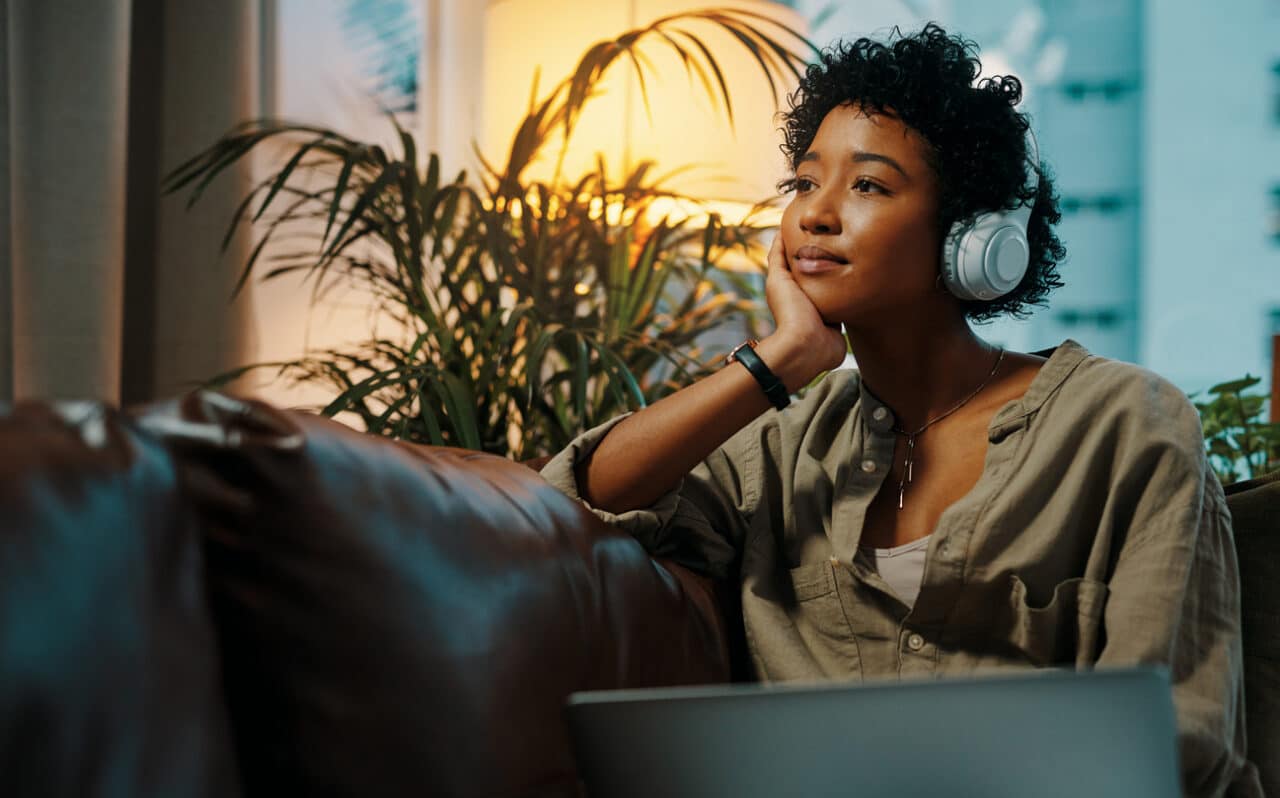Loud noise exposure is one of the most common culprits behind hearing loss. While it’s also one of the most preventable, it can be tricky to know which sounds to avoid without fully understanding how noise affects you.
How Does Sound Impact My Hearing?

Your ears have two main parts that process sound: the inner and outer ear. The outer ear amplifies sounds before sending them to the inner ear. In the inner ear, the sound moves into the cochlea, a spiral-shaped, fluid-filled organ lined with thousands of tiny hair cells. When sound enters the cochlea, it moves the fluid inside, stimulating the hair cells. These hair cells convert the movement into an electrical signal. The electrical signal travels along the auditory nerve to the brain, which understands it as sound.
Loud sounds can damage or destroy the tiny hair cells in your inner ear, causing temporary or permanent hearing loss. Listening to noise at or above 85 decibels (dB) for extended periods or short-term exposure to sounds over 120 dB can lead to permanent hearing damage.
Common Sound Levels in Daily Life
Decibel measurements probably feel a little abstract. Here’s a breakdown of everyday sounds by decibel level to help you gauge your environment:
- Hairdryer (60–95 dB). Depending on the model and distance from your ear, a hairdryer can be relatively quiet or surprisingly loud. Hold it at least a foot away while drying and consider upgrading to a quieter model if yours is older.
- Air conditioning (60–75 dB). Air conditioners are not typically hazardous on their own. However, when combined with other background noises like fans, TV or music, the cumulative volume can overwhelm your ears.
- Electric drill (around 95 dB). Frequent or close-up use of drills can pose a risk to your hearing. Wear earplugs or earmuffs, especially during extended use.
- Squeaky toys (up to 110 dB). When squeaked near the ear, dog toys emit very loud sound bursts. Always squeeze toys away from your face, ideally around waist level. If you’re headed to Fetch a Pet for your furry best friend’s next toy, consider looking for non-squeaking options.
- Concert (up to 120 dB or more). Concerts vary widely in loudness based on the venue and proximity to speakers. Whether at a small club or a large arena, earplugs can help you enjoy the music without harming your hearing.
Protecting Your Hearing
To help protect your hearing, use earplugs and earmuffs during loud activities, limit time in noisy areas where possible and schedule regular hearing tests to catch hearing loss early on.
Contact Massachusetts Hearing Group today to schedule a test with one of our specialists.